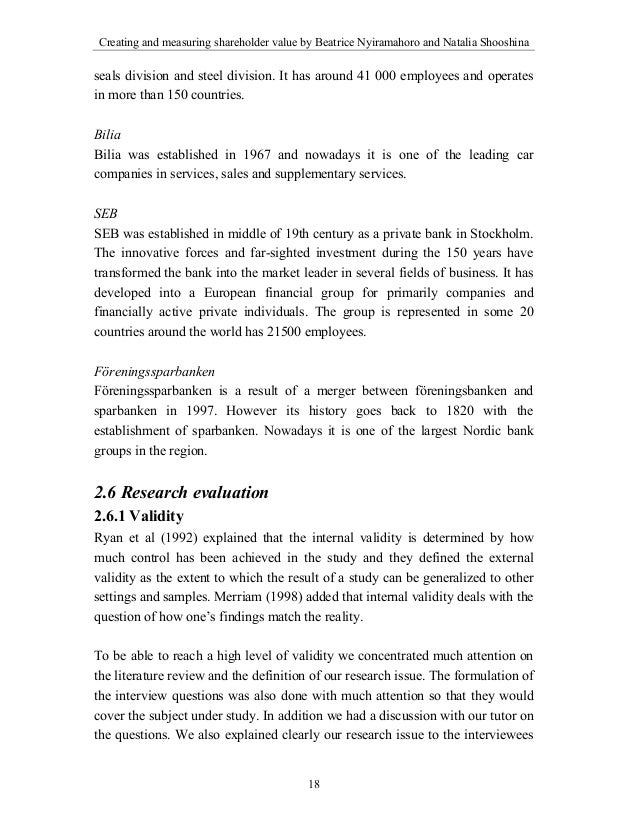Alfred Rappaport Shareholder Value Pdf Merge
Executive Summary Reprint: R0609C Executives have developed tunnel vision in their pursuit of shareholder value, focusing on short-term performance at the expense of investing in long-term growth. It’s time to broaden that perspective and begin shaping business strategies in light of the competitive landscape, not the shareholder list. In this article, Alfred Rappaport offers ten basic principles to help executives create lasting shareholder value.

For starters, companies should not manage earnings or provide earnings guidance; those that fail to embrace this first principle of shareholder value will almost certainly be unable to follow the rest. Driver Ps Usb K One Buffet. Additionally, leaders should make strategic decisions and acquisitions and carry assets that maximize expected value, even if near-term earnings are negatively affected as a result.
Fantasma Cornelius Zip Oregon. During times when there are no credible value-creating opportunities to invest in the business, companies should avoid using excess cash to make investments that look good on the surface but might end up destroying value, such as ill-advised, overpriced acquisitions. It would be better to return the cash to shareholders in the form of dividends and buybacks.
Rappaport also offers guidelines for establishing effective pay incentives at every level of management; emphasizes that senior executives need to lay their wealth on the line just as shareholders do; and urges companies to embrace full disclosure, an antidote to short-term earnings obsession that serves to lessen investor uncertainty, which could reduce the cost of capital and increase the share price. The author notes that a few types of companies—high-tech start-ups, for example, and severely capital-constrained organizations—cannot afford to ignore market pressures for short-term performance. Most companies with a sound, well-executed business model, however, could better realize their potential for creating shareholder value by adopting the ten principles. Many firms sacrifice sustained growth for short-term financial gain. For example, a whopping 80% of executives would intentionally limit critical R&D spending just to meet quarterly earnings benchmarks.